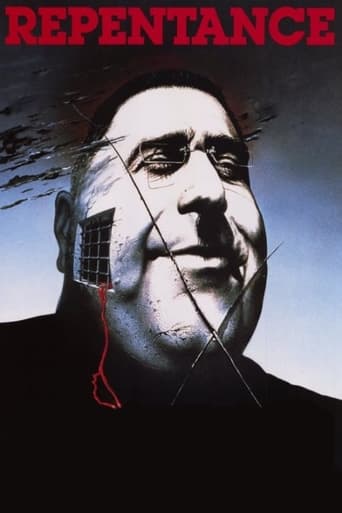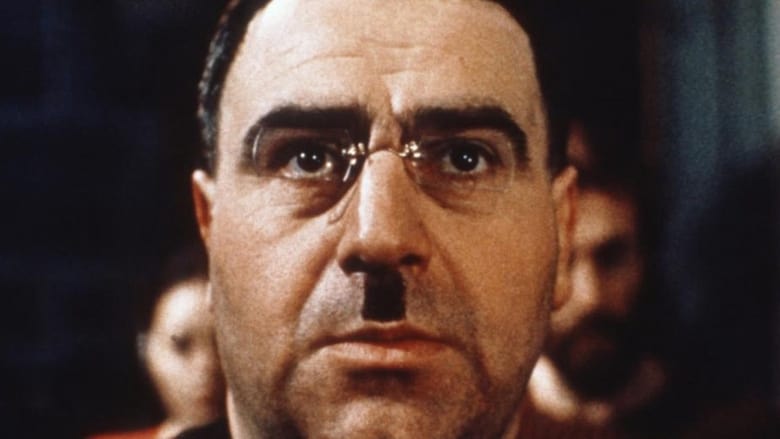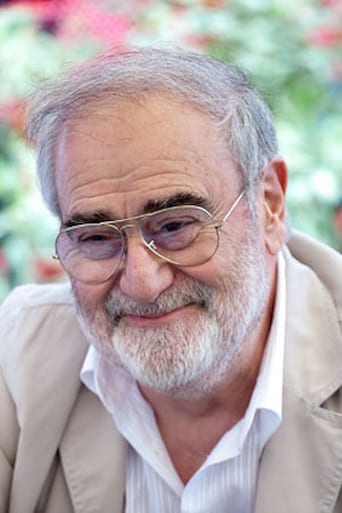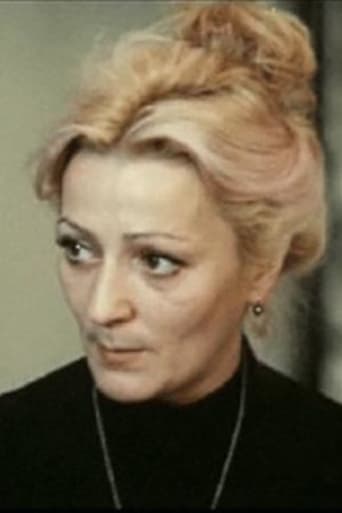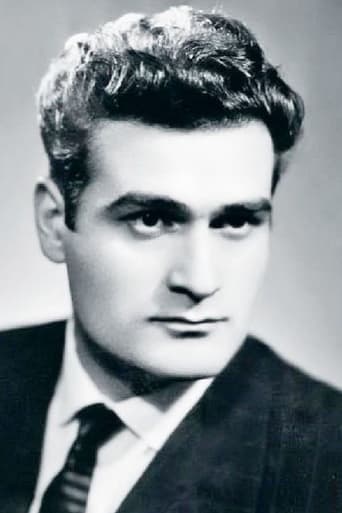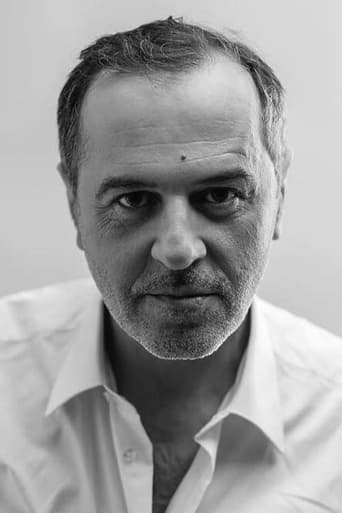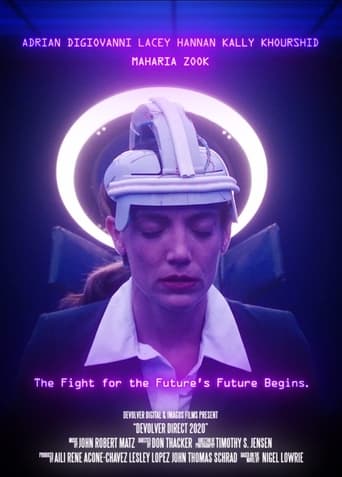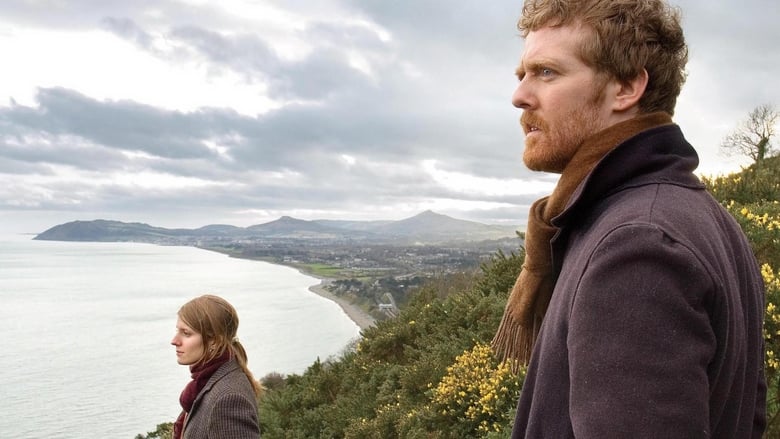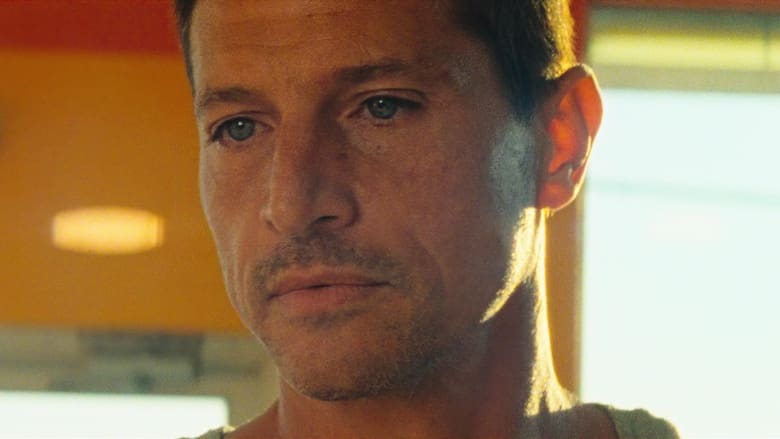The day after his funeral, the corpse of Varlam Aravidze, the mayor of a small Georgian town, turns up in his son's garden. Although it is secretly reburied, the corpse keeps returning until the police capture the local woman who is responsible. This woman says that Varlam should never be laid to rest since his Stalin-like reign of terror led to the disappearance of her family and friends.


Similar titles
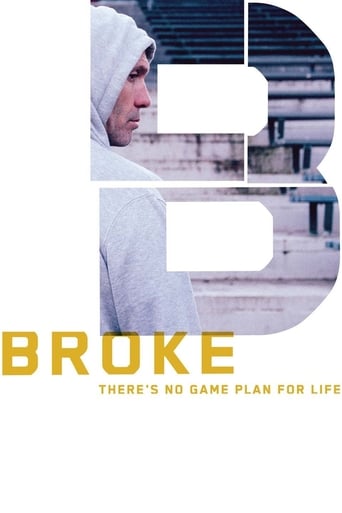
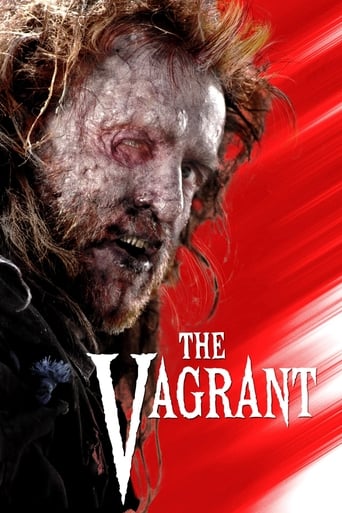
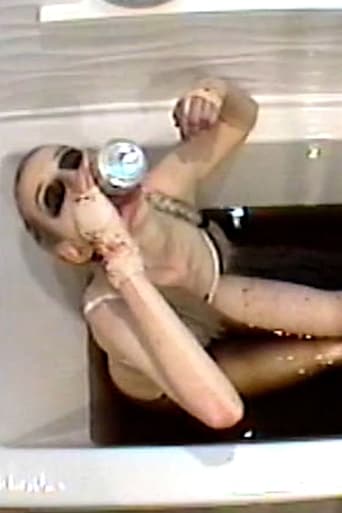
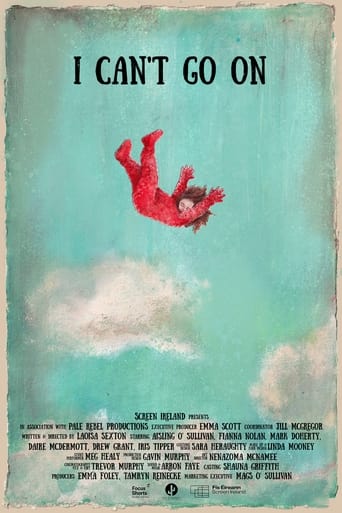
Reviews
Joseph Stalin's purges were one of the most horrific chapters in Soviet history. A famous movie about this period is Nikita Mikhalkov's "Burnt by the Sun". An equally important one is Tengiz Abuladze's "Repentance". This one emphasizes not only the terror visited upon the population, but the efforts to expose the truth and prevent whitewashing of those who committed the genocide. The subject is a man who shares physical similarities with Hitler and Stalin, but is based on Lavrentiy Beria (one of Stalin's acolytes). As mayor of a town in the Georgian Soviet Socialist Republic, he doesn't hesitate to persecute those whom he deems disloyal. Years later, a woman goes to unusual lengths to reveal the truth about his handiwork.Not surprisingly, the movie couldn't get released immediately. It wasn't until after Gorbachev came to power that it got a release. I'd say that the ugly parts of history are more important to know about that the pleasant parts of history, to ensure that they don't get repeated. I understand that Beria was particularly vicious.We don't get to see many movies from Georgia. I wish that I could see more of them. Part of it is that I like getting to see cultures that we don't often get to see, but I would also like to have more insight into their perspective on things. As the 2008 war made clear, Russo-Georgian tensions didn't end with the collapse of the Soviet Union.Anyway, it's an outstanding movie. While it is a bit long, the plot makes up for that. I recommend it.
All repressed societies tend look back at the horrors of the past with a twinkle in the eye. Tengiz Abuladdze's Monanieba (Repentance) uses black comedy, satire, allegory, magical realism, and surrealistic dream sequences, as the stones to tread on, offering the movies' viewers disturbing images to recall historical events of their own lifetime.In a small town in Georgia, a mayor by the name of Varlam Aravidze dies. Eulogies are mouthed by very important and least important denizens of how great an individual he was. But his corpse keeps surfacing in his house, exhumed by unknown forces. Eventually, a woman baker who bakes the best cakes in town (with delicious church steeples as icing) is found to be the one who keeps exhuming the body each time it is buried and reburied. Three-fourths of the film revolves around on her motives for repeatedly exhuming the body. This is the section of the film that re-evaluates the tyrannical life of the dead man. The dead man's son Abel is reluctant to admit his father's evil acts but the dead man's grandson is ashamed of his grandfather's acts. The baker who had exhumed the body was directly affected by Varlam's tyranny and says she will not let the dead man be buried and is ready to accept the consequences. Her strange actions and what motivates them are allegorical of what Georgians endured during Stalin's rule in Soviet Russia. The three generations of Varlam's family depict the changing values within Soviet Russia, with winds of Perestroika and Glasnost blowing on the faces of the younger generations.Repentance is the last film of the Georgian filmmaker Tengiz Abuladze, who died soon after the film was released. Repentance, like Klimov's Agoniya represents the Soviet movies that were released within Russia as Gorbachev unveiled Perestroika and Glasnost, allowing audiences to reflect on issues that they never dared to discuss in the open earlier.The lead evil character Varlam Aravidze (translated as Varlam "nobody", a name chosen to escape the censors) is an amalgam of Hitler (moustache), Mussolini (black shirt), Stalin (haircut) and Lavrenti Beria (pince-nez spectacles). It is a political parable on the evils of dictators, when small-town bureaucrats use cunning and deceit to crush cultural values of art, and ethical values of religion, law and marriage. Historically, Stalin and Beria crushed the national spirit of Georgians targeting the intelligentsia and the Church. Abuladze was among the few that survived.Repentance is a critique of Soviet history and assumes greater importance because it was made by a Soviet director and released in Soviet Union. The finest sequences of the film that would not be lost on East European audiences, in my opinion, were of a mother and child search for names of loved ones etched on logs that have been recently brought from Siberia, because political prisoners communicated with their families using this unusual method, and the final sequence of an old woman searching for the church (which has obviously been destroyed) in the empty town, a simple sequence that signifies hope for the future.Death and consequent burial often indicates forgiveness. Didn't Mark Antony imply this when he said the dead is "oft interred with their bones" over Caesar's corpse? Abuladze's heroine Ketavan keeps exhuming the dead and buried corpse to expose the misdeeds of a despotic Stalinist hero (recalling Alea's bureaucrat in the annals of Cuban cinema) while baking cakes with symbolic church steeples on the icing (reference to the deep loss of theism and orthodox religion in Stalinist attempts to replace religion with science). Ketavan's father is an artist with features that resemble Western images of Christ. The evil figures relish hogging the church steeples on cake icing and cooked fish (a typical Christian symbol).Abuladze's film approaches "repentance" by looking at evil squarely in the eye and not by sweeping it under the carpet. Interestingly this is the very approach that Hans-Jurgen Syberberg took while analyzing the rise of Hitler in his superb yet controversial 10-hour long documentary Hitler-A film from Germany. Abuladze's cinema like most Soviet filmmakers (Klimov, Tarkovsky, Kozintsev, Mikhalkov-Konchalovsky, Zvyagintsev, etc.) is built on values that Soviet citizens imbibed through the Russian Orthodox Church.In Repentance, the new generation seems to accept the misdeeds of their tyrannical family members and seek repentance, while the older generation prefers to go to jail by exhuming tyrannical "heroes" and exposing their misdeeds. Both types of repentance make the film an interesting tool to study history of Soviet Russia. What is remarkable is that just as a parallel to the contents of the film, the directors and writers of Georgian cinema exhume the misdeeds of the past, and the new generation of film studio authorities and censors "repent" somewhat by releasing these films in theaters in Soviet Russia (including Georgia) and other nearby countries.In Abuladze's film, surrealistic and satirical dream images of men putting flowers in a grand piano combine with images of a blindfolded woman with scales (symbolizing justice) playing the piano before being led way by a man in black, with white gloves. There is black comedy as tortured prisoners "name names" so that no one will be left without being a suspect and the jails will be full of suspects.Abuladze has much to convey and at times seems to go over the top in his efforts to poke fun at tyranny. This is perhaps why Abuladze loses out to the more subtle works of Paradjanov (the most talented Georgian filmmaker), Tarkovsky, Kozintsev and Klimov, while driving home a similar message to the viewers. The cinema of Abuladze is more direct, while Tarkovsky and Kozintsev more circumspect and open-ended. But Abuladze's cinema is, without doubt, film making that will unsettle a viewer to think about life after the film ends. The question each viewer should ask is: Where are the Varlams that we encounter in life and can we rest by burying them?
For the first time I've seen this movie in 1988 under, rotting and toothless, but still red regime in little movie in Bytom, Poland. Without subtitles but only with man reading the dialogs from the book. Atmosphere was tensed and with the taste of conspiracy. This time Pokajanije was for me thrilling experience with breathtaking performance of Macharadze and Ninidze. Once again I watched it in TV few years later and I've found a little dated and emasculated in uncovering communist's crimes. But still it was great cinematic, beautifully filmed experience. Now, I've ordered DVD in dvdplanet (it's still unavailable in Poland) and I'm really curious for my nowadays impression.25 dec 2004Today I've watched the movie once again after the reading of Montefiore's book "Stalin - the court of the Red Tsar. In this book I've found the story of Kawtaradze family. Sergo Kawtaradze, old revolutionist and comrade of Stalin during the great purge, in 1936 was arrested with his wife Sofia. Both were cruelly tortured in Lubianka. Daughter Maya, 11 years old, wrote many letters to Stalin, begging for the parents' life. After 3 years of imprisonment Kawtaradzes were freed but still in danger of arresting again. Few weeks later suddenly at 6 AM Stalin & Beria came to Kawtaradzes. Stalin kindly spoke with daughter Maya. In her memories she wrote that he was charming and kind. He also sang a song with "pleasant tenor". They also ate dinner (Stalin ordered it in the best georgian restaurant in Moscow, Aragwi. I'm sure that episode in the movie when Warlam and Doxopulo visits Sandro's home is loosely based on this event
Only history buffs will understand "Monanieba"; most Americans under 60 will get the gist only. The idea of combining the traits (some only physical) of Stalin, Beria, Mussolini, and Hitler was an interesting move, universalizing - if only in a European sense - the tyranny of Varlam. The fact that he is only the mayor of a town, and yet able to act like a national dictator (sending people to slave labor at logging camps, rounding them up in mass imprisonment, speaking of how he embodies the fatherland, etc.) increases the general surrealistic bent. The government becomes something amorphous; modern in its methods, archaic in the way those methods are achieved (the midaeval knights as secret policemen/soldiers, the use of carriages to cart victims off), something that is both small and large at the same time. I like the fact that Varlam's corpse is constantly unearthed and yet never rots; a possible reference to Lenin's Tomb. That the new mayor is a dwarfish man may also be read as a commentary on how Soviet leaders after Stalin could never recapture the man's pitiless strength or his shadow over the Soviet citizenry. In the end, "Monanieba" is one Georgian's apology for another's deeds.
